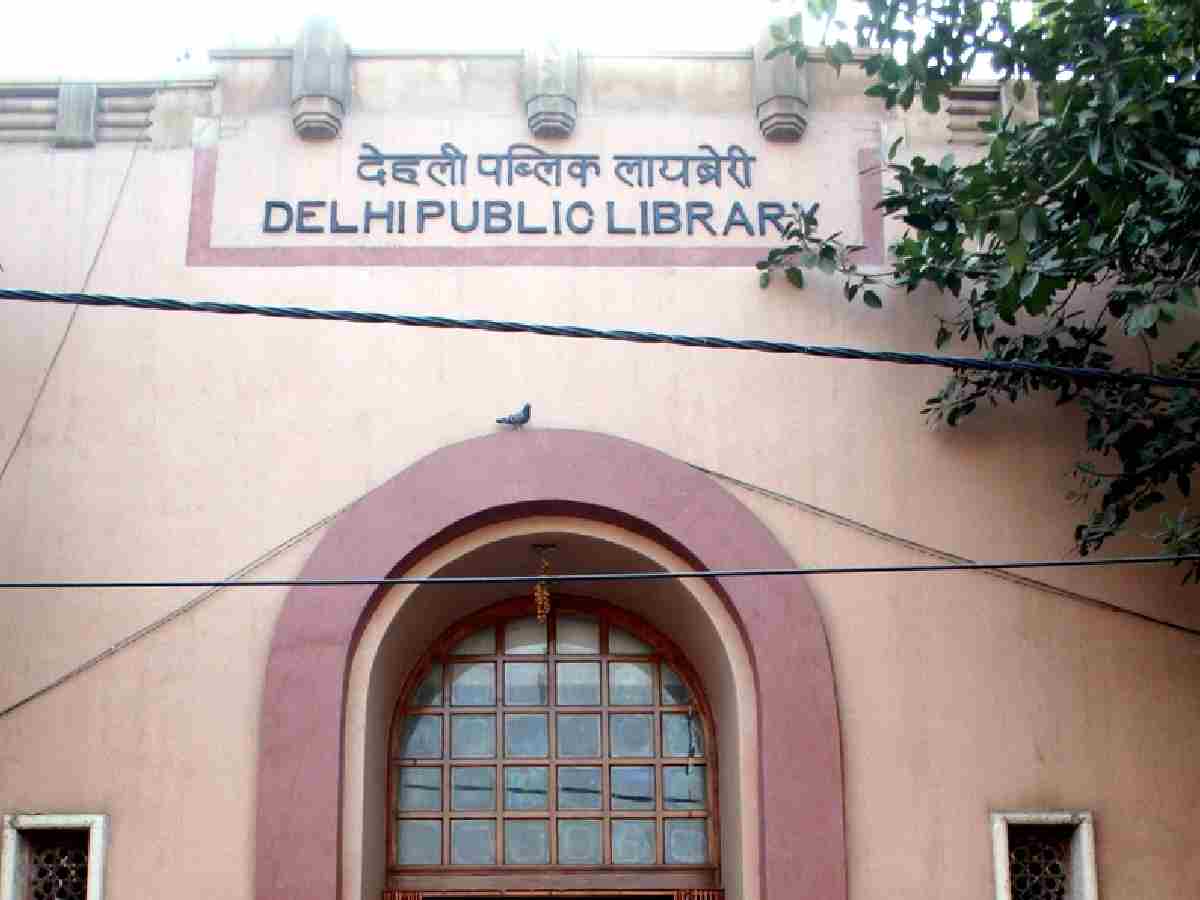Delhi, a city rich in history, is home to several libraries that have withstood the test of time. These libraries not only preserve ancient texts but also offer a look into India’s rich cultural heritage.
Delhi’s historic libraries are more than just collections of books; they are living proof of the city’s lasting intellectual and cultural legacy. Each library has its own unique story, adding to the rich history of Delhi. Visiting these libraries offers a journey through time, inviting readers to explore India’s past while engaging with its vibrant present.
When you step into these historic spaces, you are not just entering a library but starting a journey of discovery, where every book and manuscript tells its own story. Whether you are a history lover or simply enjoy reading, Delhi’s libraries provide a place of knowledge, inspiration, and enlightenment.
Delhi Public Library
The Delhi Public Library was established in 1951, but it has deep connections with the city’s past. It was originally part of a government initiative to promote reading and education. Now, it has grown into a large network of branches with a huge collection of books, journals, and digital media. This library is an important resource for students, researchers, and book lovers.
Hardayal Municipal Public Library
Founded in 1862, the Hardayal Municipal Public Library is one of the oldest libraries in Delhi. Originally known as the Hardinge Library, it was renamed in honour of Lala Hardayal, a famous Indian nationalist. The library has an impressive collection of over 170,000 books, including rare manuscripts and periodicals.
The National Archives of India Library
Established in 1891, the National Archives of India Library is full of historical documents. Located in the grand building of the National Archives, it holds records from ancient, medieval, and modern Indian history. The library is a valuable resource for historians and scholars, offering access to government documents, private papers, and rare manuscripts.
The Raza Library
Although primarily located in Rampur, the Raza Library has strong ties to Delhi. It was established by Nawab Faizullah Khan in the late 18th century and is known for its collection of Persian, Arabic, and Urdu manuscripts. The library’s connection to Delhi comes from its influence on the literary and cultural scene of North India.
Mughal Imperial Library
The Mughal Imperial Library, dating back to the Mughal era, has had a lasting impact on Delhi’s literary culture. Though the original library no longer exists as a single entity, its legacy lives on through various collections scattered across Delhi. The Mughal emperors were great patrons of art and literature, and their libraries were filled with illuminated manuscripts, scientific treatises, and literary works.





